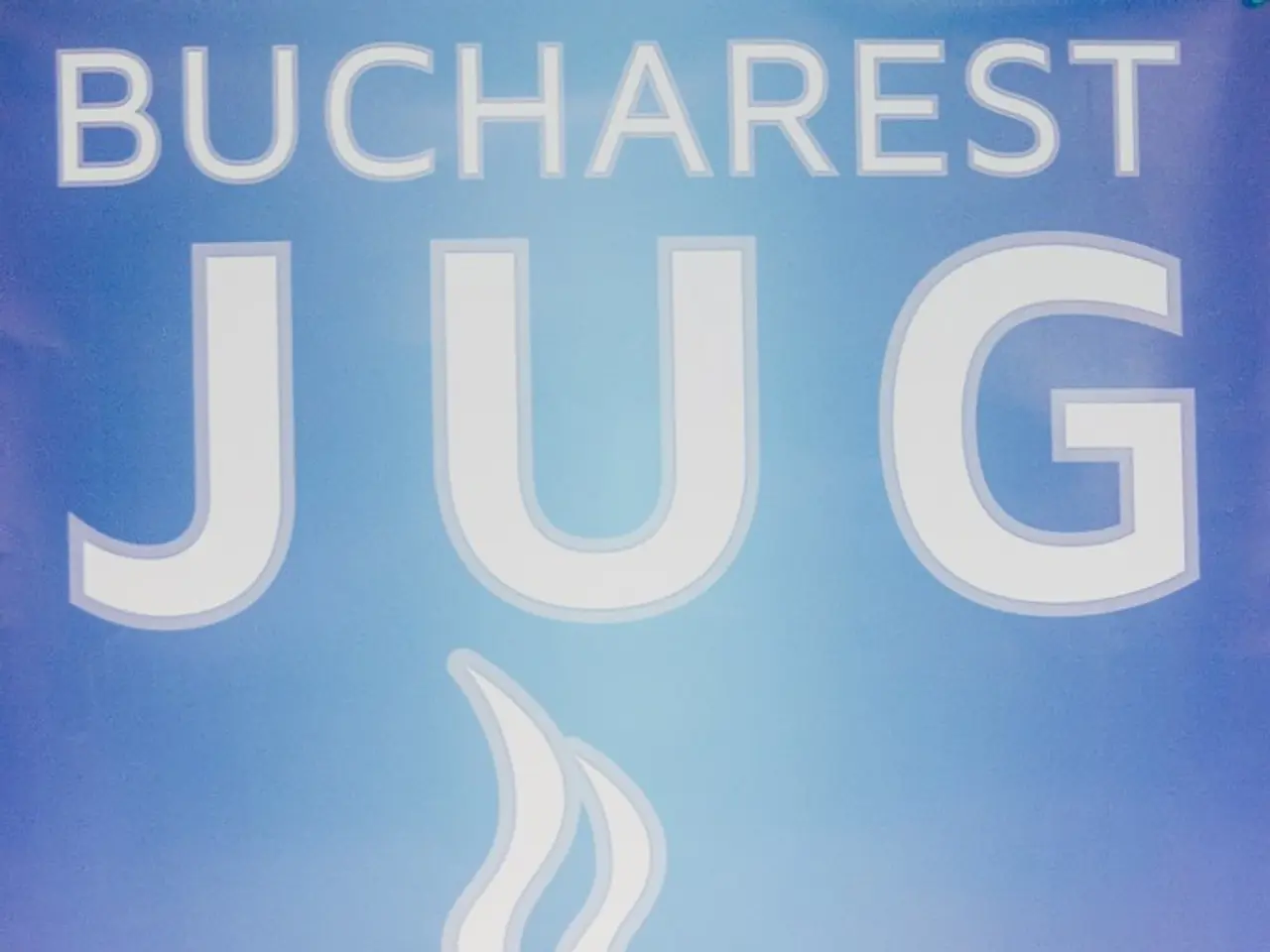Budget Update: Chancellor Fails to Reverse Harmful Effects of Universal Credit Reduction
In the recent Spring Statement, the government did not directly address the potential introduction of a Youth Independence Payment (YIP) in response to Universal Credit (UC) cuts and their impact on vulnerable young people. However, discussions around the financial support and independence of young people continue to be a pressing concern.
One such example is the Personal Independence Payment (PIP), a UK benefit designed to support individuals with disabilities, although it is not specifically for youth. The rates for PIP have increased by 1.7% for the 2025/26 financial year. In the U.S., there are ongoing discussions about imposing work requirements for former foster youth receiving SNAP benefits, highlighting the challenges faced by young people transitioning out of foster care.
In the context of education, the FAFSA (Free Application for Federal Student Aid) distinguishes between dependent and independent students, affecting how much financial aid they can receive. Being classified as an independent student can increase eligibility for more grants.
Despite these discussions, a specific call for a YIP related to UC cuts does not appear to be present in the available information. If a YIP proposal exists, it would likely be part of broader discussions on youth welfare and financial support.
The proposed YIP aims to raise the overall UC entitlement for young people to the rate that over 25s receive. Unfortunately, young people continue to face the lowest entitlements to financial support from the government. The Household Support Fund, which is set to be doubled next month, may provide some relief, but it remains unclear if the first package reached vulnerable young people.
The cost-of-living crisis has left many young people struggling, with reports suggesting that people are having to cut back on accommodation and food. The failure of Universal Credit to keep pace with the cost of living hinders its ability to achieve its goals. Below-inflation increases to benefits mean that thousands of vulnerable young people will face another real terms cut to their incomes next month as living costs continue to rise.
Charities, including Centrepoint, have warned that the Chancellor's Spring Statement did not address the cost-of-living crisis effectively. Alicia Walker, the Head of Policy, Research and Campaigns at Centrepoint, stated that the Spring Statement was a missed opportunity for the Chancellor to start reversing the devastating impact of last year's UC cut. Centrepoint is advocating for a new YIP of £15.58 per week for young people living independently without family support.
Universal Credit is crucial for keeping young people out of debt, in stable accommodation, and able to afford basic necessities. The ongoing discussions and concerns about supporting vulnerable young people underscore the need for a comprehensive and effective approach to youth welfare and financial support.
- In the ongoing debates about youth welfare and financial support, the idea of implementing a Youth Independence Payment (YIP) has emerged as a possible solution to address the financial struggles faced by many young people, including those affected by the Universal Credit (UC) cuts.
- The financial sector, politics, and even general-news media are actively discussing the potential of a YIP as part of a broader policy agenda aimed at addressing the pressing concerns related to the financial independence and well-being of young people.




